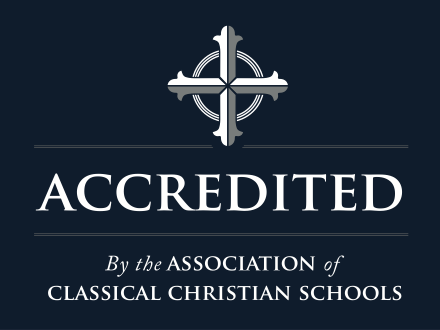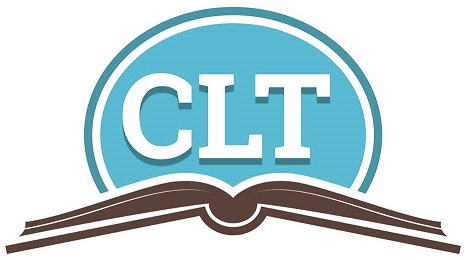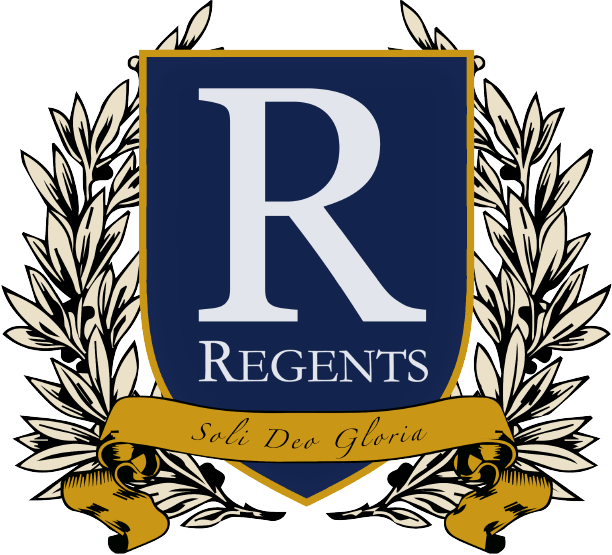Why Classical?
At Regents, we seek to develop young scholars who are responsible, self-motivated, and intellectually curious students. We desire for students to have a deep love of learning that ultimately inspires them to become life long learners, independent thinkers, and good stewards of their gifts.
Attaining these goals in contemporary society can be a challenge because, as Dorothy Sayers wrote in “The Lost Tools of Learning,” modern education often disregards the skill of learning: “Is not the great defect of our education today…that although we often succeed in teaching our pupils ‘subjects,’ we fail lamentably on the whole in teaching them how to think: they learn everything, except the art of learning.” Sadly, this new and innovative approach does not count the cost of disregarding the rich tradition of a Western liberal arts education.
At Regents, we think the best way to avoid the pitfalls of modern education and to accomplish these academic goals for our children is to return to the Trivium. The Trivium was designed to follow the natural developmental stages of children. It is comprised of three developmental stages of learning: grammar, logic (also called dialectic), and rhetoric. Our curriculum at Regents embodies this three-fold method to learning so that students are trained, from an early age, to learn by thinking. Each of these phases consists of an approach to learning, an approach to subjects, and a set of subjects.
The Grammar Phase
In the grammar phase, students in kindergarten through sixth grade are absorbing facts. This phase focuses, in many ways, on memorization. By memorizing facts, students are preparing themselves for reasoning in the logic and rhetoric phases. Students at these ages are excited about learning even though they tend to have shorter attention spans. Therefore, the grammar stage incorporates memorization and learning tools such as chanting, hands-on activities and projects, and singing. The grammar teacher leads students in exploring and discovering, while reinforcing the students’ understanding of letters, numbers, and other fundamentals.
The Logic Phase
In the logic phase, students in seventh and eighth grades are developing their reasoning skills. At this point, students engage in conversations surrounding living ideas, and they begin to question that information and to challenge those ideas. In order to hone their developing skills and to teach them the proper use of reasoning, our students begin the study of formal logic so that they can learn how to analyze data and arguments, distinguish fact from fallacy, and generally, to think according to sound rules of logic. The logic teacher uses the students’ tendency to argue and question as a method to mold and shape their reasoning skills.
The Rhetoric Phase
In the final stage of the Trivium, the rhetoric phase, students in ninth through twelfth grades are naturally inclined toward independent thinking. Therefore, in this phase, students learn to express their knowledge by learning how to prepare articulate, persuasive, and cogent oral and written presentations. Students use the facts they have learned and challenged to articulate a position on a given topic. Rhetoric teachers use the students’ concern for appearance and self-expression as a tool for teaching the proper way to develop presentations that exude wisdom and effectiveness.
At Regents, the structure of our curriculum is traditional with a strong emphasis on the basics such as mathematics, history, and language studies. Not only are these subjects covered, they are covered in a particular way. For example, in history class the students will not only read their text, but they will also read from primary sources. Grammar, logic, and rhetoric will be emphasized in all subjects. By grammar, we mean the fundamental rules of each subject (again, we do not limit grammar to language studies), and the necessary information to apply those rules. In English, a singular noun does not take a plural verb. In logic, A does not equal not A. In history, time is linear, not cyclic. Each subject has its own grammar, which we require the students to learn. This enables the student to learn the subject from the inside out.
A Regents education focuses on the core knowledge and basic skills that students need in order to be well prepared for their future academic pursuits by using proven pedagogy that utilizes the best content from Western civilization, that has endured the test of time, and that follows the natural learning abilities of the child.
With the completion of the Trivium, students will have mastered the real tools of learning—fundamental building blocks, analytical skills, mental discipline, oral presentation, writing skills, and a biblical framework. They will be enthusiastic independent learners, able to tackle virtually any new area of study competently and from a distinctly biblical and Christian worldview. We hope that a Regents education cultivates in children the ability to discern what is good, true, and beautiful and to defend it with wisdom and engaging persuasion.




